ORIGINAL RESEARCH
Published on 28 May 2024
Identification of Mycoplasma pneumoniae proteins interacting with NOD2 and their role in macrophage inflammatory response
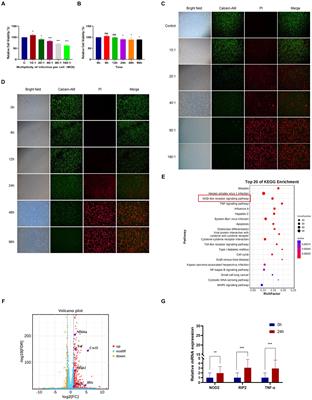
doi 10.3389/fmicb.2024.1391453
- 1,575 views
17k
Total downloads
68k
Total views and downloads
ORIGINAL RESEARCH
Published on 28 May 2024

REVIEW
Published on 09 Feb 2024

ORIGINAL RESEARCH
Published on 09 Jan 2024
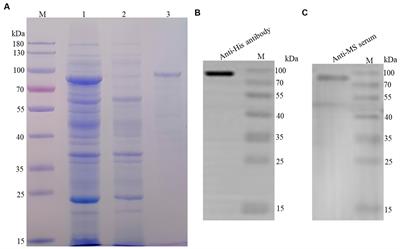
ORIGINAL RESEARCH
Published on 30 Nov 2023
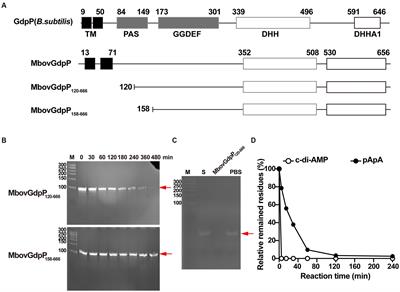
ORIGINAL RESEARCH
Published on 04 Aug 2023

ORIGINAL RESEARCH
Published on 11 Jul 2023
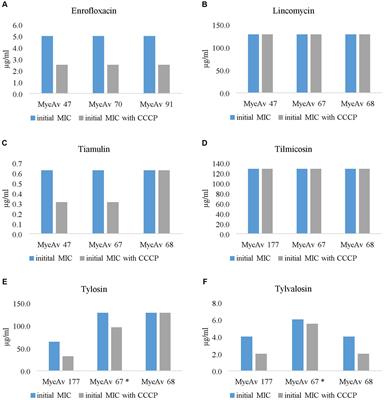
ORIGINAL RESEARCH
Published on 19 Jun 2023

ORIGINAL RESEARCH
Published on 24 Mar 2023
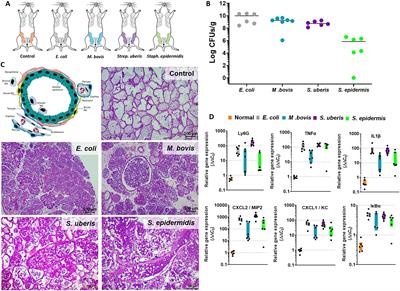
ORIGINAL RESEARCH
Published on 25 Nov 2022

ORIGINAL RESEARCH
Published on 06 Oct 2022
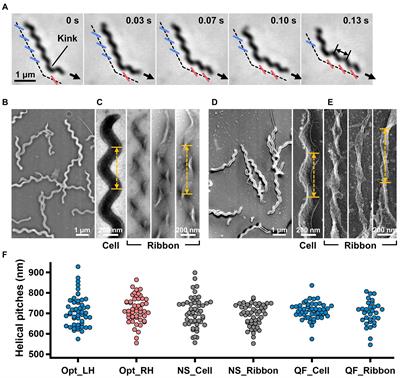
ORIGINAL RESEARCH
Published on 29 Sep 2022

ORIGINAL RESEARCH
Published on 12 Aug 2022

